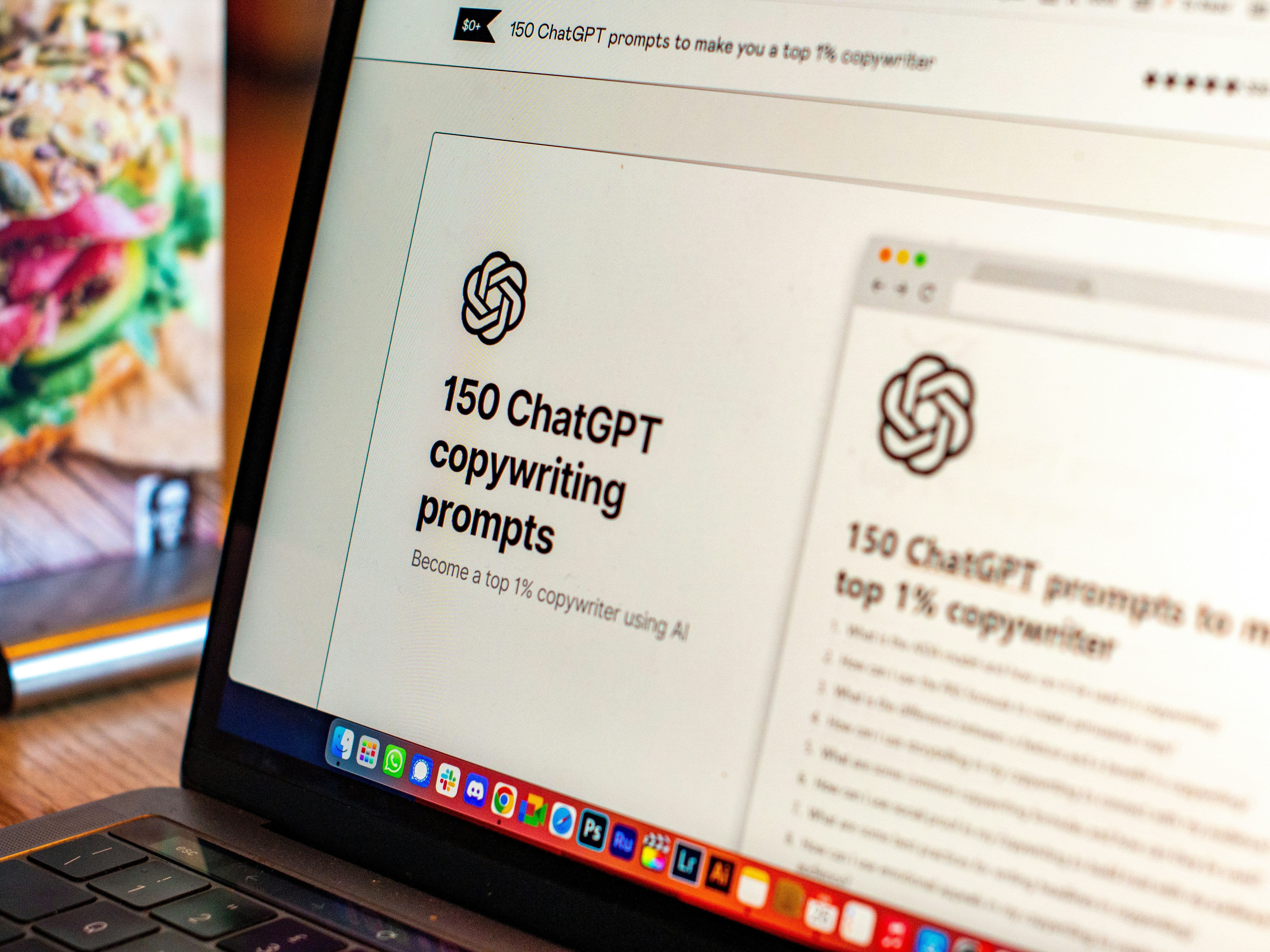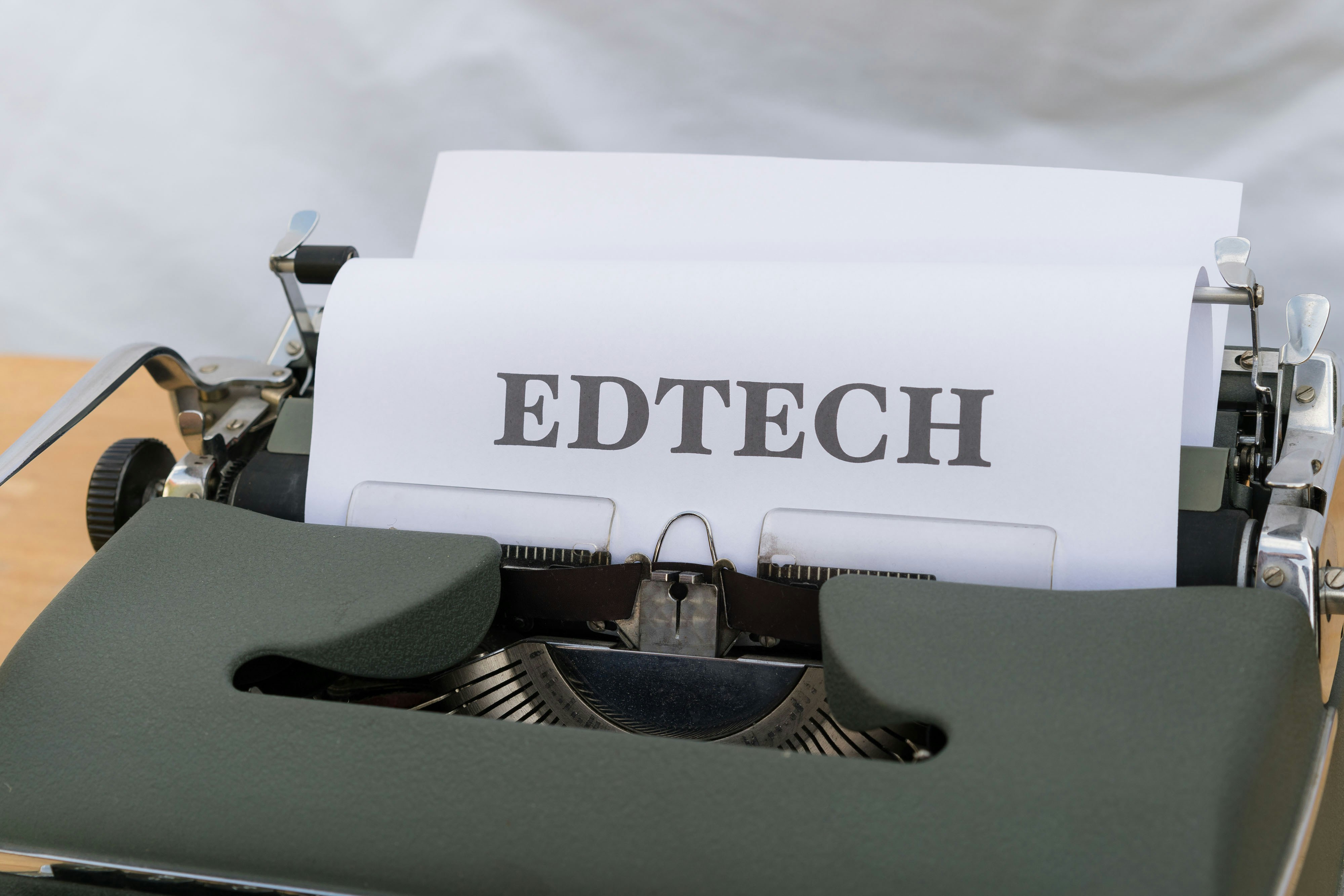Education Beyond Classrooms: Grasping 21st Century Skills in the Age of AI

The Need for Education Beyond Traditional Classrooms
In the rapidly evolving landscape influenced by artificial intelligence and advanced technologies, the limitations of traditional classroom education have become increasingly evident. Conventional education models often rely heavily on textbooks and standardized curricula, which can hinder the development of essential skills that are critical for success in the modern world. Consequently, students may find themselves ill-equipped to navigate an environment that demands adaptability, creativity, and critical thinking abilities.
One of the major challenges posed by traditional education is its focus on rote memorization rather than practical application. In a classroom setting, students may learn theoretical concepts but often struggle to apply these principles in real-world scenarios. This disconnect can lead to a lack of confidence and competence when facing complex problems that require innovative solutions. Furthermore, education systems that do not integrate emerging technological tools and collaborative learning experiences miss the chance to cultivate a mindset geared toward exploration and creativity.
With the job market increasingly valuing skills that extend beyond academic knowledge, there is a pressing need for an educational overhaul. Employers are seeking individuals who can think critically, adapt to change, and work collaboratively in teams. Thus, education systems must prioritize developing these competencies through experiential learning opportunities and interdisciplinary approaches. Engaging students in hands-on projects, encouraging collaboration, and incorporating technology into learning experiences are essential steps toward addressing these contemporary challenges.
As we move further into the 21st century, the urgency for education systems to evolve cannot be overstated. By fostering an educational paradigm that embraces flexibility and practicality, we can better prepare students for a future dominated by artificial intelligence and complex societal demands. Preparing learners for the dynamic labor market requires significant changes in how education is conceptualized and delivered, leading to more relevant and effective learning experiences.
21st Century Skills: What Are They and Why Do They Matter?
In the rapidly evolving landscape of the 21st century, specific competencies have emerged as essential tools for success in both personal and professional contexts. These skills encompass collaboration, communication, digital literacy, and problem-solving, forming a critical foundation in a world increasingly influenced by technology and artificial intelligence (AI). As society continues to leverage technological advancements, the emphasis on these skills becomes more pronounced, underscoring their necessity for the future workforce.
Collaboration is paramount in an interconnected world, where individuals are frequently required to work within diverse teams. This skill involves not just working together towards a common goal but also honing one’s ability to listen, negotiate, and blend various perspectives seamlessly. Communication, the cornerstone of effective interaction, transcends traditional verbal exchange. Proficiency in digital communication tools and platforms is ever more vital, ensuring that messages are conveyed clearly and effectively across multiple mediums.
Digital literacy represents the ability to efficiently navigate and utilize technology. As AI becomes increasingly prevalent in various sectors, understanding how to interact with these systems is crucial. It is not merely about using technology but also comprehending its implications, enhancing critical thinking regarding the ethical dimensions of AI and data privacy. Problem-solving, another vital skill, encourages creative and analytical approaches towards overcoming challenges, positioning individuals to adapt and thrive amid change.
Educational institutions play a pivotal role in fostering these competencies from a young age. For instance, programs integrating project-based learning encourage collaboration and problem-solving through hands-on tasks. Similarly, curricula that incorporate digital tools have proven effective in enhancing students’ digital literacy. These practical examples illustrate not only the significance of 21st-century skills but also their interdependence in navigating a world where AI is increasingly integral to daily life.
Innovative Approaches to Education: Real-Life Applications and Practical Examples
As the demand for 21st-century skills continues to rise, education systems are shifting away from traditional frameworks towards innovative approaches that emphasize real-life applications. One notable method is project-based learning (PBL), which allows students to engage in hands-on projects that reflect real-world challenges. Through PBL, learners cultivate critical thinking, collaboration, and creativity. For instance, schools that have adopted this approach have witnessed dramatic improvements in student engagement and skill acquisition, as learners actively work on projects that require problem-solving and teamwork.
In addition to project-based learning, internships serve as a powerful tool for bridging theoretical knowledge and practical applications. Organizations have increasingly partnered with schools, providing students with opportunities to gain firsthand experience in their fields of interest. For example, a high school that collaborates with local businesses enabled students to intern in various departments, significantly enhancing their soft skills and workplace readiness. Such immersive experiences also facilitate networking opportunities, further propelling students toward successful careers.
Mentorship programs represent another effective approach to skill development. By pairing students with industry professionals, these programs enable individuals to gain insights and guidance tailored to their career aspirations. A case study involving a mentorship program within a community college demonstrated that students who participated reported higher levels of confidence and clearer career trajectories, making them more competitive in the job market. Community involvement is crucial in these initiatives, as partnerships with local organizations enrich educational experiences and provide invaluable resources.
Through innovative educational approaches such as project-based learning, internships, and mentorship programs, the focus on practical examples prepares students not just for academic success but also for real-life application of their skills. These methodologies foster holistic development, equipping learners with the competencies needed to thrive in an ever-evolving world driven by advancements in technology and artificial intelligence.
Challenges and Solutions in Implementing a 21st Century Education Framework
The transition from traditional education models to a framework emphasizing 21st-century skills presents numerous challenges for educators, institutions, and policymakers. One of the primary obstacles is the resistance to change among stakeholders. Many educators and administrators are accustomed to conventional teaching methods and may be apprehensive about adopting innovative approaches, fearing the potential disruption to established practices. This resistance can be compounded by a lack of understanding of the importance of developing skills such as critical thinking, collaboration, and digital literacy in students.
Resource constraints also pose significant challenges. Educational institutions often operate on tight budgets, limiting their ability to invest in necessary technologies, training programs, and teaching materials that align with a 21st-century education framework. Furthermore, disparities in funding between urban and rural schools can exacerbate these issues, leading to unequal opportunities for students to acquire essential skills.
Another critical challenge is the need for comprehensive teacher training. In order to effectively teach 21st-century skills, educators must be equipped with the tools and knowledge necessary to foster an environment of innovation and creativity. Many current professional development programs do not adequately address these needs, resulting in a gap between educational policies and classroom practices.
To overcome these challenges, strategic policy recommendations should be implemented. Policymakers must prioritize investments in teacher training programs that focus on 21st-century competencies, ensuring that educators are well-equipped to inspire and engage students. Establishing partnerships between educational institutions and technology companies can facilitate resource sharing, providing schools with access to cutting-edge tools and materials.
Best practices, such as project-based learning and interdisciplinary approaches, should be promoted as they encourage critical thinking and collaboration among students. By addressing these challenges with targeted solutions, the education sector can make significant strides towards creating a sustainable and relevant framework that prepares students for the complexities of the modern world.


Responses